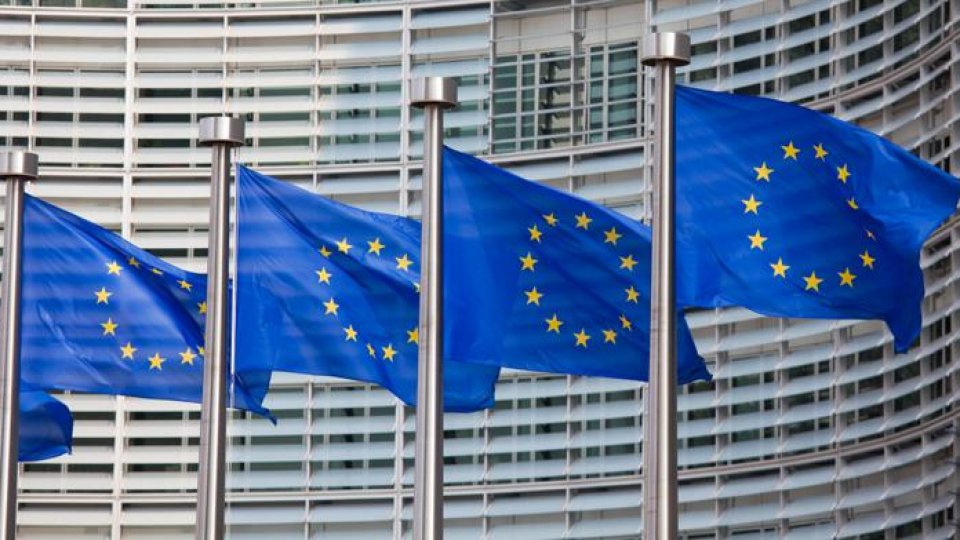EU Migration policy: return directive
Partial mandate ensures respect of migrants' fundamental rights, especially the principle of non-refoulement.

10 Iunie 2019, 00:22
European Union is working to make rules for returning irregular migrants more effective. EU Council agreed, on 7 June, on a partial negotiating position on the revised return directive. This position covers all aspects of proposed revision, apart from provisions on border procedure for returns. This is because scope of this procedure is defined by Asylum Procedure Regulation, which is currently under discussion.
Carmen Daniela Dan, Romanian Minister of Internal Affairs: Improving effectiveness of returns is a fundamental part of a comprehensive migration policy. It is the best way to break the business model of smugglers and show that putting your life in their hands is not a ticket to Europe.
Aim of proposed new rules is to speed up return procedures, prevent absconding and secondary movements, and increase rate of returns. To achieve this, partial negotiating position includes:
• clearer and faster procedures for issuing return decisions and for lodging appeals, including obligation to issue a return decision at the same time or shortly after decision ending a legal stay
• obligation for persons subject to a return procedure to cooperate and possibility of taking action in case of non-cooperation
• more efficient rules on voluntary returns, including obligation to set up dedicated programs in EU Member States
• common, non-exhaustive, list of objective criteria to determine risk of absconding
• possibility of detaining a third country national if they pose a risk to public order, public security or national security
• as a last resort, and when a series of guarantees are provided, possibility of returning a third country national to any safe third country.
Partial mandate ensures respect of migrants' fundamental rights, especially the principle of non-refoulement.
Background
Effective returns are crucial for an efficient and comprehensive migration management policy. Currently returns are regulated at the European level under the return directive, adopted in 2008. This directive sets common standards and procedures in EU Member States for returning illegally staying third-country nationals. However, since adoption of this directive, challenges in return policy have changed considerably.
On several occasions, European Council has emphasized the need to improve significantly the effective return of irregular migrants. While the EU and Member States have already made great efforts, the overall number of returns still needs to be increased.
Source:Romania2019.eu, EU Council Press Center














